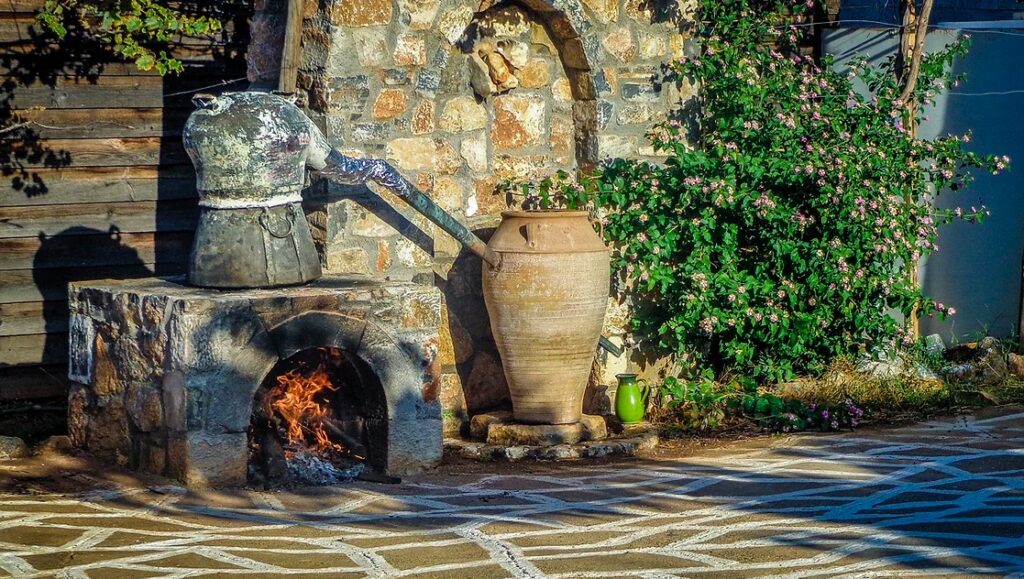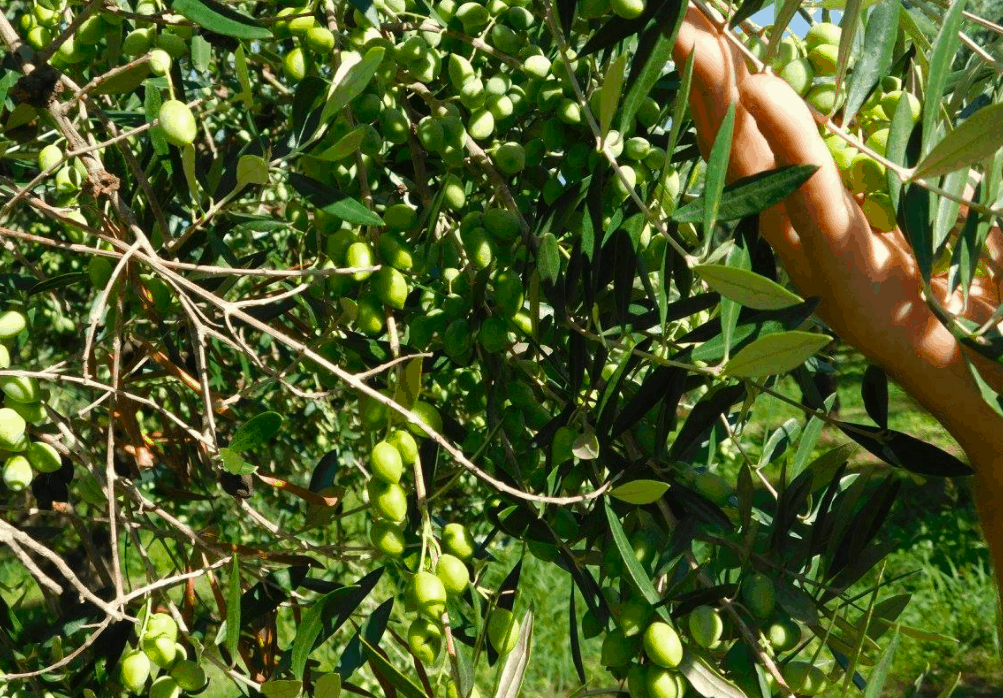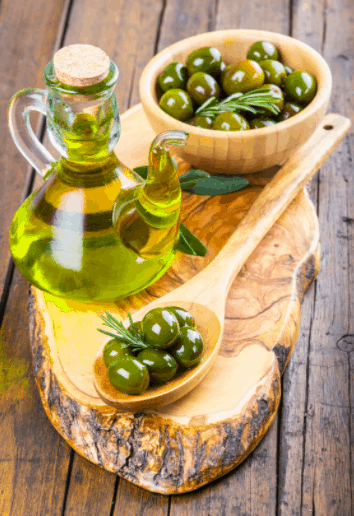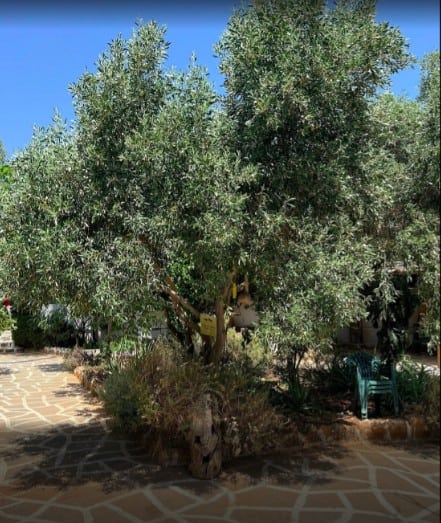A heartfelt invitation is extended to all olive farmers in Crete, urging them to actively participate in a pivotal study aimed at revolutionising olive farming practices in Crete, Greece.
The significant research initiative embarked upon by the Hellenic Mediterranean University focuses on understanding the methods employed by olive producers to protect their crops from pests, while also seeking their valuable insights.
With the aim of modernising agriculture through scientific methods, Mr. Roditakis Manolis, an associate professor of Agricultural Entomology and Pharmacology, and president of ELMEPA's Department of Agriculture, who leads this endeavour, emphasises its significance within their comprehensive strategy to assist farmers.
To collect essential data, an online survey is being employed, targeting olive growers and their experiences. The survey seeks to uncover how farmers combat the olive borer, a notorious pest that poses a threat to olive trees. Additionally, it aims to investigate the various techniques and practices adopted by individual farmers. Roditakis elucidates, "This survey is a crucial tool that allows us to tap into the knowledge of individual farmers and the collective wisdom of the community. It provides us with essential facts and statistics that are instrumental in making informed decisions."
The survey serves a dual purpose. Firstly, it records the specific farming methods and procedures utilised by olive producers, shedding light on the rationale behind their choices. Secondly, it inquires into farmers' perspectives on their farming practices, where they source their information, and where they see room for improvement. The intention is to identify areas in need of enhancement.
Roditakis explains, "Once we gather and analyse the responses, we will disseminate the findings to policymakers and stakeholders. Subsequently, we will collaborate with relevant partners to implement changes that can benefit farmers. This may involve tailored training programmes based on our research."




This comprehensive survey holds the potential to pinpoint issues at both the regional and local levels within Crete. It represents the initial stride towards harnessing scientific insights to empower and guide farmers. Roditakis emphasises that realising these improvements will necessitate further steps and the collective support of all involved parties.
Roditakis also underscores the importance of preventive measures and the timely application of reliable information in the realm of successful farming. "Access to accurate information and its judicious application are pivotal aspects of effective farming," he affirms.
The university is collaborating with a myriad of partners to bolster support for farmers, including the Region of Crete, private companies, and other research institutions.
Furthermore, the Department of Agriculture at the university actively participates in the 'Consultative Scientific Committee on Plant Protection Issues' in Crete, contributing significantly to decisions related to farming practices in the region.
"The concerted efforts of these groups have already resulted in substantial improvements in olive farming in Crete in recent years. However, there is still work to be done, all within the bounds of the law."
Roditakis acknowledges, "The concerted efforts of these groups have already resulted in substantial improvements in olive farming in Crete in recent years. However, there is still work to be done, all within the bounds of the law."
This ambitious research initiative is led by the university's Laboratory of Entomology and Pharmacology, with support from various organisations. Roditakis spearheads the project, alongside students Aikaterini Kremi and Dimitra Papadakis, who are integral members of the research team.
Roditakis extends a heartfelt invitation to all olive farmers in Crete, urging them to actively participate in this pivotal study. He encourages them to complete the survey and share their valuable insights into farming practices. Their contributions are anticipated to be instrumental in driving positive changes in the olive farming sector, and their participation is warmly appreciated.
Read also I Love Paros (in the Winter)


